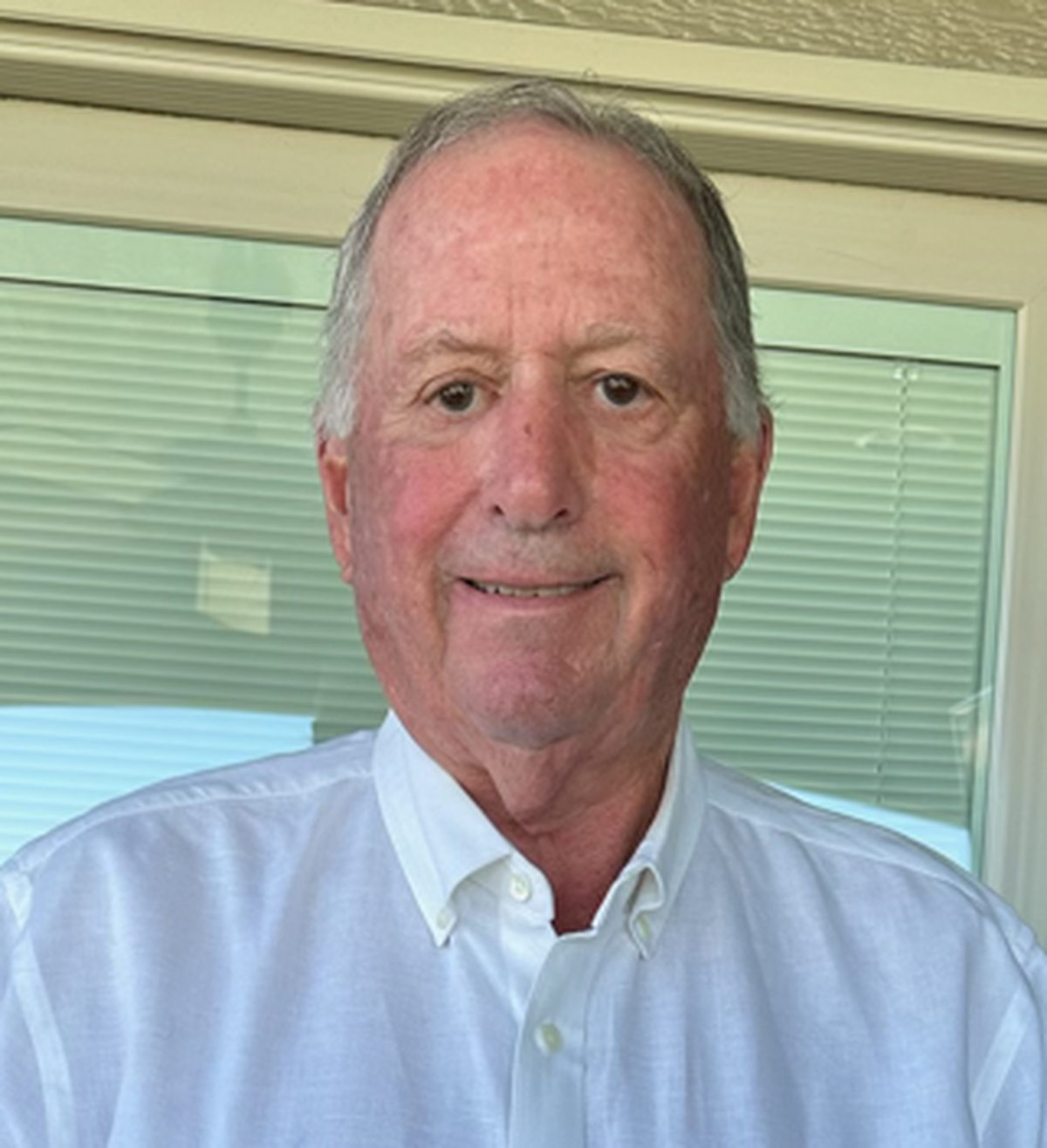Spokane Fire District 8 Commissioners says goodbye after more than half-century fighting fires

Spokane County Fire District 8 Commissioner Greg Hesse has retired after more than a half-century spent serving as both a firefighter and a fire commissioner.
Hesse, 76, had thought about retiring earlier this year, but was encouraged to run again in November ahead of his term expiring on Dec. 31. He was both not surprised and a little relieved when he lost to challenger Jeff Larsen.
“I didn’t spend a lot of money,” Hesse said of his re-election campaign. “They spent four times the amount of money I did. They just wanted change.”
Hesse was a fire commissioner with District 8 from 2000 to 2013 and was elected again in 2018. Hesse said he enjoyed the constant learning and details of not only keeping the district running, but improving it.
“I worked for the people of the fire district,” he said. “To be a fire commissioner, you’re not in it for the money. I did it because I enjoyed it.”
District 8 Fire Chief Lonnie Rash, who has worked in the district off and on for more than 20 years, said Hesse has been wonderful to work with.
“It’s been a great relationship,” he said. “He’s very much an advocate for our members and he’s an advocate for Fire District 8 across the state.”
Rash said Hesse is fiscally conservative and always wanted the details when it came to expenses so he could determine if he thought it was in the best interest of the district.
“He was very thoughtful about it and asked a lot of questions,” Rash said. “He kept me on my toes.”
Hesse has never strayed far from Spokane County. He graduated from Lewis and Clark High School in 1965 and earned an associate degree in fire science from Spokane Community College in 1974.
Hesse’s experience with firefighting goes back to 1970, when he signed on with the Spokane Fire Department.
“My training was, the captain took me down into the basement and said ‘pick a hat and coat that fits, kid,’ ” Hesse said.
He was taught how to slide down the pole in the fire station and also instructed to hold on tight to the bars on the back of the fire truck and to not fall off as the engines responded to fires with firefighters hanging on the outside.
That was during the time when the fire department only responded to fires, Hesse said.
“We didn’t have basically any first aid response,” Hesse said. “We didn’t even have EMTs back in those days. We only did fires. We didn’t do hazardous materials. Our river rescue was a rowboat.”
Obviously, Hesse said, firefighter training, education and equipment has changed significantly since then. So has the work itself, with many fire departments having medical incidents make up around 80% to 85% of their calls.
Hesse recalls his first fire with a breathing apparatus called a Burrell canister mask that used charcoal and cotton to filter air in a fire. An opening at the bottom of the canister was typically kept covered with tape to keep moisture out when the mask wasn’t in use.
“I roared into the fire and forgot to take the piece of tape off,” he said. “Rookie mistake.”
One of his most memorable calls while working was to a building at Pacific Avenue and Sherman Street in downtown Spokane in 1982. Three firefighters were on the roof fighting the fire when the roof collapsed, making all three fall into the burning building. One of the firefighters died.
“When the roof collapsed, it literally blew us out of the building,” Hesse said. “It blew my face mask off.”
Another way the fire department was different back then was the pay.
“When I went on, you didn’t make enough to support a family,” Hesse said. “I had a second job for many years.”
He owned several businesses over the years, including a construction company. He also worked for General Fire Equipment for several years.
He was constantly learning skills and became certified in hazardous materials, water rescue and extraction. Hesse retired from Spokane Fire as a fire marshal in 2003.
Hesse said he met and worked with wonderful people during his career, but said it is time to retire.
“I look back at my career, where I started and where I ended up,” he said. “I can be grateful. I’ll never forget my roots in the fire service. I’m proud of my career.”